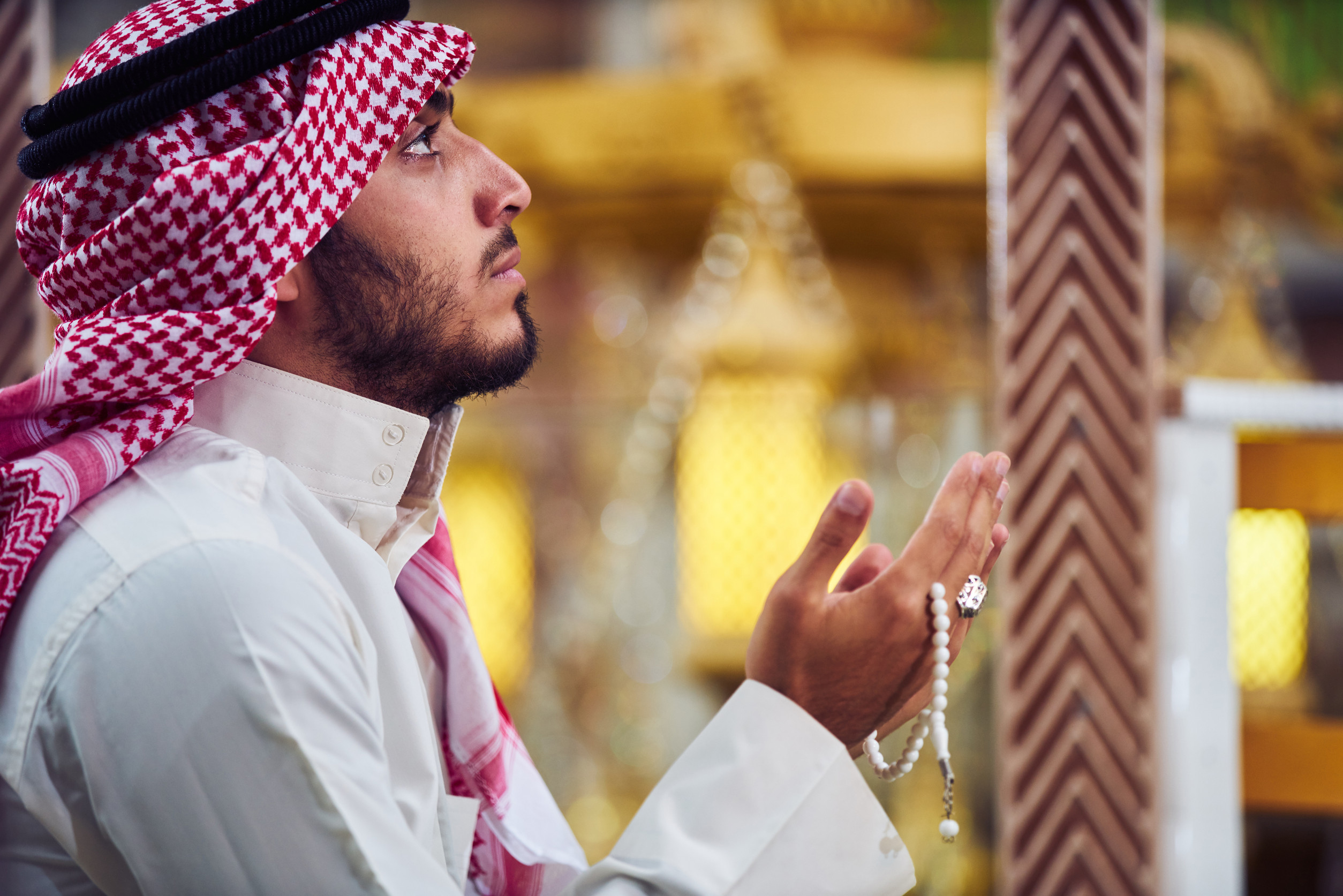With effect from February 1, 2025, Saudi Arabia has made major changes to its visa policy, restricting travellers from 14 nations to single-entry visas. Concerns with unauthorised Hajj pilgrims entering the nation on long-term visa permits are the focus of this effort.

The Saudi government has indefinitely stopped issuing one-year multiple-entry visas for tourism, business, and family visits from these nations as part of the policy change.
However, Hajj, Umrah, diplomatic, and residency visas remain unaffected, indicating that the primary focus is on regulating general travel rather than religious pilgrimage under official channels.
Nations Impacted by Saudi Arabia's Visa Shake-Up
- Algeria
- Bangladesh
- Egypt
- Ethiopia
- India
- Indonesia
- Iraq
- Jordan
- Morocco
- Nigeria
- Pakistan
- Sudan
- Tunisia
- Yemen
Tourism and Business in Turmoil
- Strong Travel Ties:All affected countries have significant travel connections with Saudi Arabia.
- Single-Entry Visas Only: Due to the revocation of one-year multiple-entry visas, visitors from these nations can now only obtain single-entry visas valid for 30 days.
- Rising Concerns: Frequent travellers, including business executives, religious pilgrims, and families, are worried about the restrictions.
- Industry Disruption: Travel agencies, airlines, and hotel operators are scrambling to revise packages due to mass cancellations and growing uncertainty.
- Projected Decline in Bookings: Industry experts predict a sharp drop in travel demand, leading to substantial revenue losses in tourism.
- Business Impact: Companies relying on international clients face logistical challenges, while frequent travellers must rethink their travel plans.
Saudi Arabia’s Justification—Security or Strategy?
According to Saudi officials, the move is a preventive measure to curb unauthorised Hajj entries. Multiple-entry visas, they claim, were being misused by travellers entering Saudi Arabia under tourism or business visas but secretly participating in the Hajj pilgrimage without official permits.
However, not everyone is convinced. Critics argue that the policy could be part of a broader strategy to tighten control over foreign travel, boost visa revenue, or manage diplomatic relations with certain countries. Political considerations may have influenced the decision, as several of the affected nations hold strategic ties with Saudi Arabia.
Will the Policy Be Reversed?
The travel and tourism industry is pushing back hard, urging Saudi authorities to reconsider the decision. Travel groups, business organisations, and even diplomatic representatives from affected countries are lobbying for exemptions or adjustments to soften the impact.
While Saudi Arabia remains firm in its stance, economic realities may force a revision if tourism numbers plummet dramatically. Some analysts suggest that alternative visa arrangements or new travel agreements may emerge in response to diplomatic negotiations.
What Travelers Need to Know
With uncertainty clouding the future of Saudi travel policies, experts advise travellers to:
- Apply for single-entry visas well in advance to avoid last-minute disruptions.
- Monitor updates from Saudi authorities for any potential relaxations or changes.
- Explore alternative travel plans, especially for frequent business trips.
A New Era of Controlled Travel?
The world is closely monitoring Saudi Arabia's bold decision to tighten visa regulations. Will other countries do the same? Will the financial consequences compel a reexamination?
Overnight, the Middle Eastern travel landscape underwent a significant shift, leaving millions to navigate an uncertain and restrictive journey. The coming months will determine whether this policy is a short-term experiment or a long-term transformation of travel to the Kingdom.
Why is Saudi Arabia Central to Hajj?
Saudi Arabia is an important part of Hajj because it is where Islam began and is home to Mecca and Medina, two holy cities. The Kingdom is solely responsible for hosting and organising Hajj, one of the Five Pillars of Islam and a required religious duty for all financially and physically able Muslims.

-
Mecca: The Heart of Hajj: Hajj takes place in Mecca, specifically at the Kaaba in the Grand Mosque (Masjid al-Haram), which is Islam’s holiest site.
- Medina:The City of the Prophet: Many pilgrims also visit Medina, home to the Prophet Muhammad’s Mosque and tomb, making it a key spiritual stop.
- Official Oversight & Infrastructure: The Saudi government oversees and supplies infrastructure for the yearly pilgrimage, therefore guaranteeing safety and order for millions of pilgrims annually.
- Global Religious Tourism Hub: With millions of Muslims making annual Hajj and Umrah, Saudi Arabia plays a significant economic and religious function in helping these holy travels.
Final Verdict: Saudi Visa Policy Divides Opinions
The recent visa policy in Saudi Arabia aims to limit immigration and curb unauthorised Hajj activities. Nonetheless, it has sparked worries about the economy, diplomacy, and travel access. The future effects remain uncertain.
To obtain a Saudi Arabia eVisa
- Step1: Complete the online application by providing your passport details.
- Step2: Submit payment online using a credit card.
- Step3: Monitor your email for confirmation of payment and receipt of your eVisa, which will be sent electronically.
Recent News
- Saudi Arabia: Jawazat Updates on Multiple Exit and Re-Entry Visas
- Saudi Arabia Tightens Visa Rules to Prevent Unauthorized Hajj
- Temporary Suspension of B2C Umrah Visa for Egyptians by Saudi Arabia
- Saudi Arabia Expands Tourism Access to 88 Countries
- Beat the Heat: Must-Visit Summer Destinations in Saudi Arabia
- Saudi Arabia Expands E-Visa Program to Include 3 More Countries
- Exploring Honduras' Visa Policy: Saudi Visitors Welcome!
- A New Era of Diplomatic Ease: Saudi Arabia and Cyprus Waive Visa Requirements
- Updates to Umrah Visa Process and Hajj Rituals in 2024
- Saudi nationals can now get visas lasting five years under the latest EU-Schengen update
